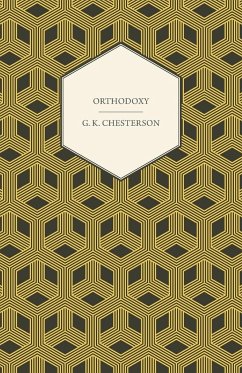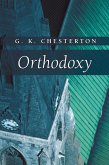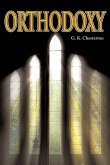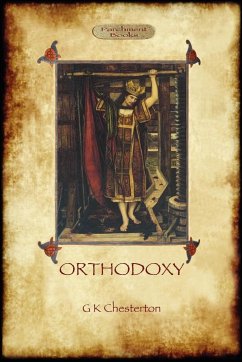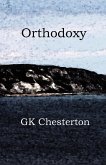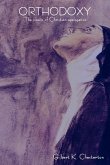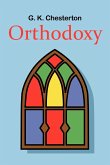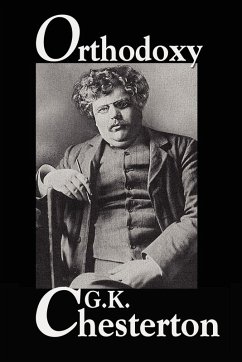This volume contains G. K. Chesterton's 1908 book, "Orthodoxy". Chesterton viewed this book as a companion to his other work, "Heretics", and it has become a seminal text in Christian apologetics. According to Chesterton, this book's purpose is to 'attempt an explanation, not of whether the Christian faith can be believed, but of how he personally has come to believe it.' The chapters of this book include: "The Maniac", "The Suicide of Thought", "The Ethics of Elfland", "The Flag of the World", "The Paradoxes of Christianity", "The Eternal Revolution", "The Romance of Orthodoxy", "Authority and the Adventurer", etcetera. Gilbert Keith Chesterton (1874 - 1936) was an English writer, poet, philosopher, dramatist, journalist, theologian, critic, biographer, and Christian apologist. Many vintage texts such as this are increasingly scarce and expensive, and it is with this in mind that we are republishing this book now, in an affordable, high-quality, modern edition. It comes complete with a specially commissioned biography of the author.
Hinweis: Dieser Artikel kann nur an eine deutsche Lieferadresse ausgeliefert werden.
Hinweis: Dieser Artikel kann nur an eine deutsche Lieferadresse ausgeliefert werden.

